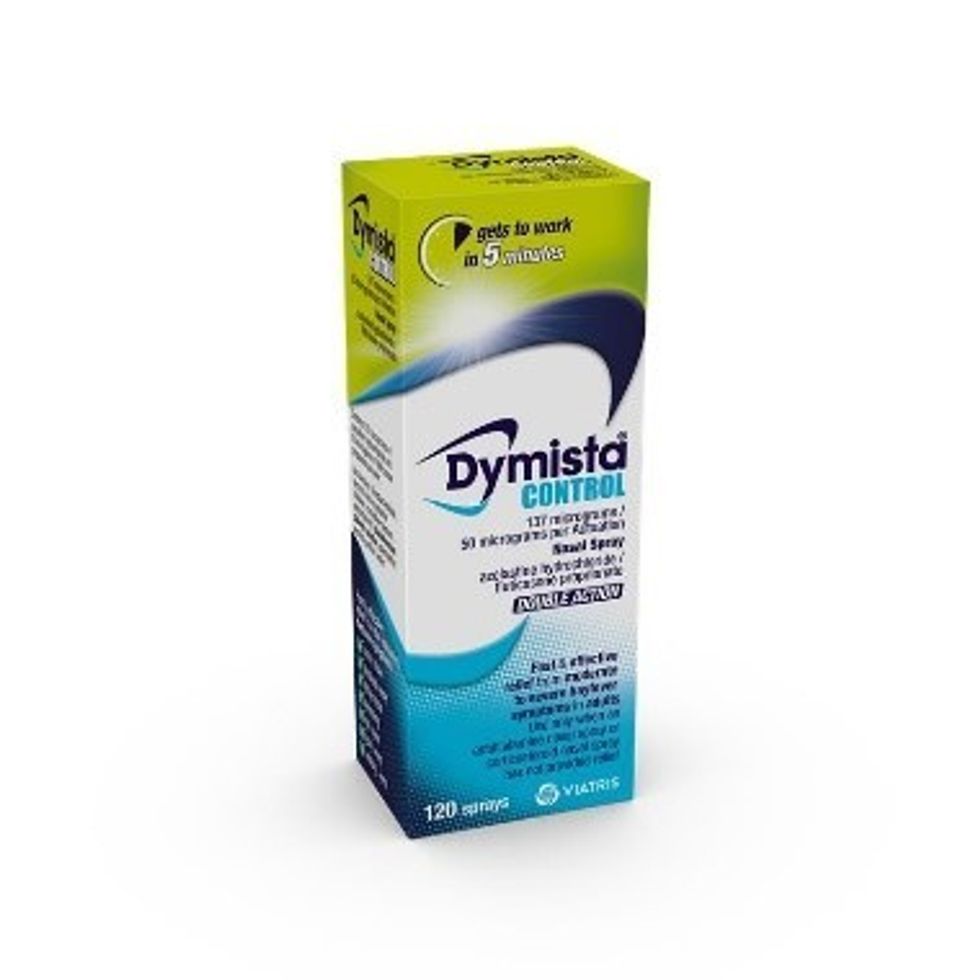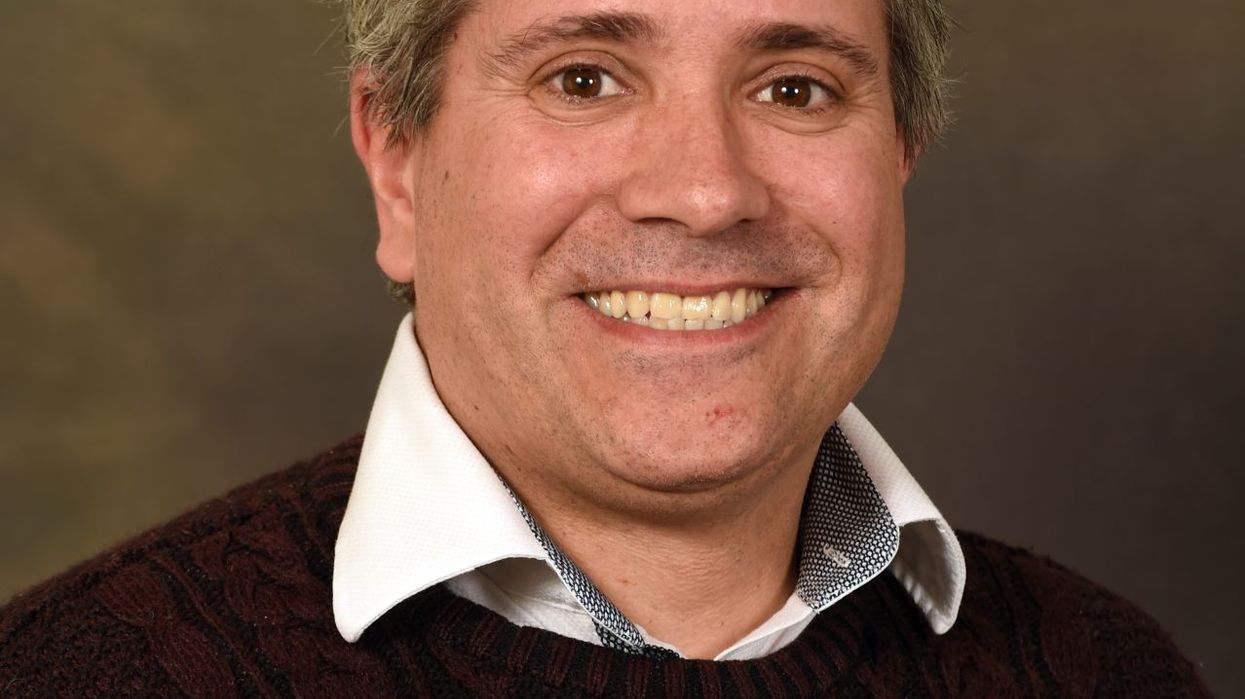NHSE has outlined a comprehensive 5-year implementation strategy to ensure equitable access to Artifical pancreas
The National Health Services England (NHSE) is poised to revolutionise diabetes management with the introduction of the 'artificial pancreas', also known as the Hybrid Closed Loop system, to treat type 1 diabetes. This pioneering initiative, endorsed by the National Institute of Health Care and Excellence (NICE), represents a global first in healthcare innovation.
With 269,095 individuals grappling with type 1 diabetes in England, the Hybrid Closed Loop system is set to cater to tens of thousands of children and adults across the nation.
This cutting-edge device operates by seamlessly monitoring blood glucose levels and autonomously adjusting insulin dosage through a pump, by eliminating the need for regular insulin injections.
Furthermore, it holds the promise of averting life-threatening hypoglycaemic and hyperglycaemia episodes, mitigating significant risks associated with the condition.
To facilitate the identification of beneficiaries, NHSE has allocated a substantial sum of £2.5 million, ensuring that those who could benefit from this innovative solution receive the necessary support.
This initiative follows a successful pilot programme that equipped 835 adults and children with type 1 diabetes, resulting in significant enhancements to their condition management.
Dr Clare Hambling, National Clinical Director for diabetes, voiced optimism regarding the transformative impact of this initiative, projecting improvements in both the quality of life and clinical outcomes for individuals with type 1 diabetes across England.
Further, she underscored the importance of recognising symptoms such as increased urination, excessive thirst, fatigue, and unexplained weight loss, urging timely intervention for diagnosis.
Professor Partha Kar, NHS national speciality advisor for diabetes, lauded the Hybrid Closed Loop systems for their ability to enhance medical care and elevate the overall quality of life for recipients.
She said," the device detects your glucose levels, transmits the readings to the delivery system, known as the pump, which then initiates the process of determining the required insulin dosage."
With the endorsement from the National Institute of Health Care and Excellence (NICE), NHS England has laid out a comprehensive 5-year implementation strategy, ensuring equitable access to the Hybrid Closed Loop system.
Moreover, Health Minister Andrew Stephenson hailed the introduction of the technology as a significant step towards simplifying diabetes management and improving outcomes for individuals with type 1 diabetes.
"People living with type 1 diabetes face the constant stress of needing to monitor their blood glucose levels to stay healthy and avoid complications."
"This new technology will ease the burden on patients and allow them to manage their condition more easily, without needing to draw blood or wear a continuous glucose monitor," he added.
The rollout of the artificial pancreas has garnered widespread praise from recipients, with many attesting to its transformative impact on their lives calling it "a game changer" and hassle-free to use.









 Dymista® CONTROL (azelastine hydrochloride and fluticasone propionate) nasal spray
Dymista® CONTROL (azelastine hydrochloride and fluticasone propionate) nasal spray ![Potential Side Effects of Mounjaro [What You Need to Know]](https://www.pharmacy.biz/media-library/image.jpg?id=54516976&width=1245&height=700&quality=90&coordinates=0%2C29%2C0%2C29)








